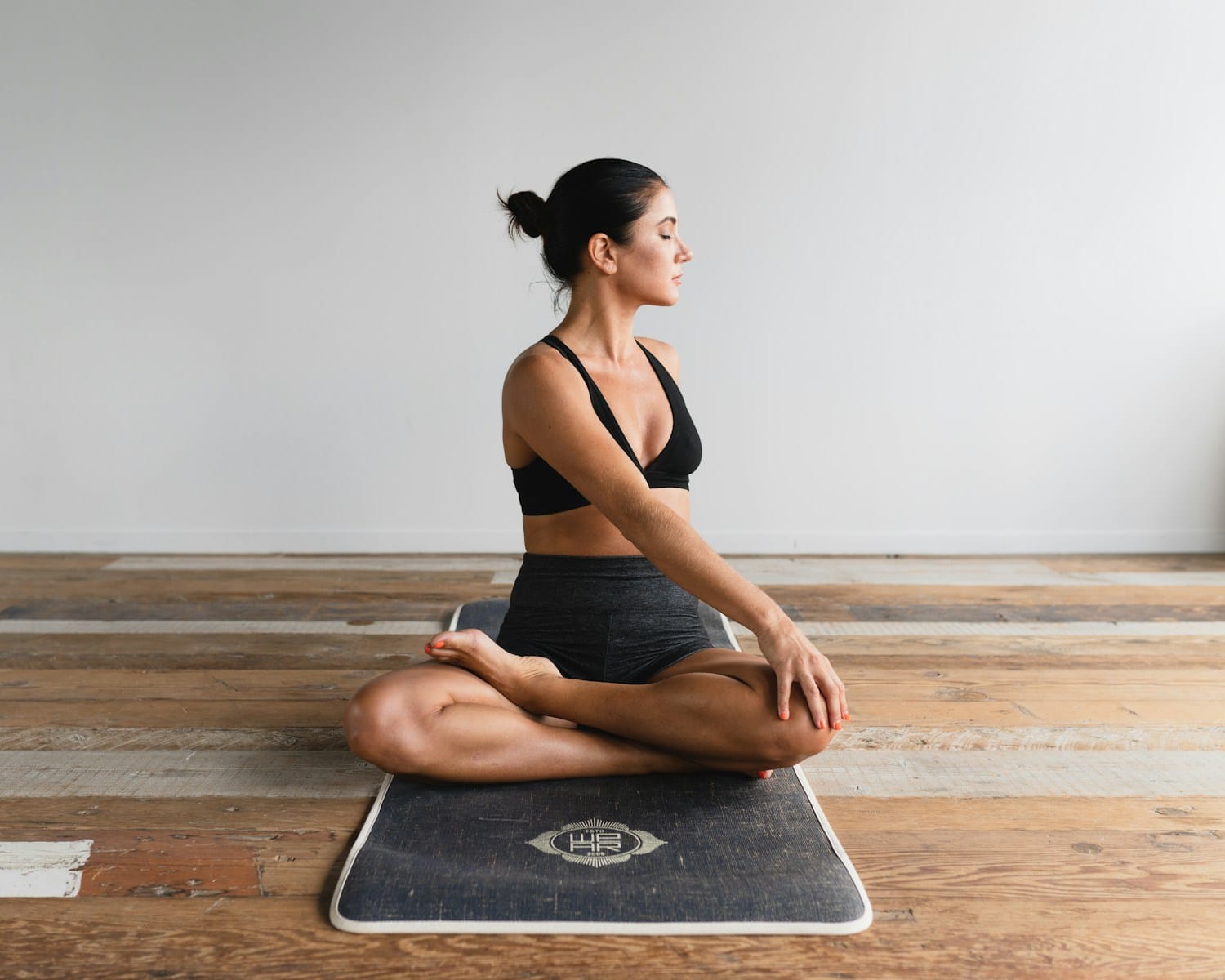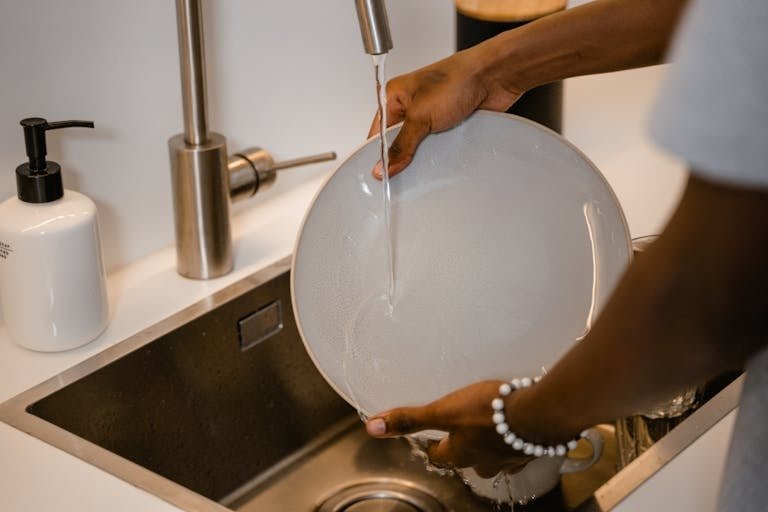Natural Remedies for Anxiety: Effective Ways to Manage Stress Naturally
There are quite a few natural remedies out there that can help with anxiety. Herbs like lavender, chamomile, and lemon balm, plus things like deep breathing and regular movement. These methods help settle your nervous system, lower stress hormones, and encourage relaxation. Some, like magnesium or passionflower, have even gotten a thumbs-up from research.
Honestly, finding what works for you might take a bit of trial and error. People respond differently, and that’s okay. Small lifestyle tweaks can help, too. Regular exercise, solid sleep, and mindfulness all play a part in keeping anxiety in check. You can use these natural remedies alongside traditional treatments if you need to.
Understanding Anxiety and Its Symptoms
Anxiety changes how you feel, think, and act. It’s a normal reaction, but when it gets too strong, it can really affect your life.
Common Symptoms of Anxiety
Anxiety shows up in your body and your mind. Maybe your heart races, your palms sweat, or your chest feels tight. Some people notice shortness of breath or stomach trouble.
Mentally, it’s often a loop of worry, fear, and dread. Racing thoughts, worst-case scenarios, and trouble focusing are all too familiar.
Sleep? That’s another casualty. Many people can’t fall asleep, or they wake up in the middle of the night with their minds spinning.
Root Causes and Triggers
Anxiety can come from many places. Genetics matter. If it runs in your family, you’re more likely to feel it. Brain chemistry plays a role, too. Life experiences leave their mark. Trauma or tough times as a kid can make you more sensitive to stress later on. Current stressors are a big factor:
- Work pressure
- Money problems
- Family drama
- Health worries
- Big life changes
What you eat and drink matters more than you might think. Too much caffeine, alcohol, or certain meds can crank up anxiety. Even your diet can shift your mood.
Some health issues, like thyroid or heart problems, can look a lot like anxiety or make it worse.
Lifestyle Changes for Anxiety Relief
Tweaking your daily habits can do wonders for anxiety. Science backs it up: how you live really does shape your mental health.
Exercise and Movement
Getting your body moving is one of the best ways to fight anxiety. Exercise releases endorphins, those feel-good chemicals, and drops your stress hormone levels.
Aim for 30 minutes of movement most days, but don’t stress if you can’t manage that. Walking, swimming, yoga, dancing, all counts. Even a quick 10-minute walk can help when you’re feeling anxious.

Getting outside adds an extra boost. Nature plus movement often calms nerves more than indoor workouts. Some people swear by morning exercise to start their day off right.
If you can, rope in a friend. Having someone to exercise with can keep you motivated and make it more fun.
Diet and Nutritional Support
What you eat has a real impact on your mind. A balanced diet supports your brain and can help keep anxiety at bay.
Foods to try:
- Fatty fish like salmon or tuna (omega-3s!)
- Nuts and seeds
- Whole grains
- Fresh fruits and veggies
- Magnesium-rich foods (dark chocolate, avocados)
Foods to go easy on:
- Caffeine (coffee, energy drinks, some teas)
- Sugar and processed stuff
- Alcohol
B vitamins and magnesium are important for mood. If you think you’re not getting enough, maybe talk to your doctor about supplements.
And don’t forget to drink water. Dehydration can sneak up on you and make anxiety worse.
Sleep Hygiene and Insomnia Management
Anxiety and bad sleep feed off each other. Getting better sleep can help break that cycle.
Ideas for better rest:
- Stick to a regular sleep schedule
- Create a wind-down routine at night
- Keep your room cool, dark, and quiet
- Avoid screens before bed (easier said than done, I know)
- Cut caffeine after lunch
If your brain won’t turn off at night, try deep breathing or gentle stretches. Jotting down your worries can sometimes help clear your mind.
Still struggling? Ask your doctor if melatonin or another sleep aid is right for you.
Establishing a Support System
Having people you trust makes a huge difference. Social support can be a lifeline when anxiety hits hard.
Be open with friends or family about what you’re going through. Let them know how they can help, even if it’s just listening or joining you for a walk.
Support groups can be a real comfort. It’s a relief to talk to others who get it.
And hey, pets count too. Animals offer unconditional love and can bring down stress levels. Walking your dog or playing with your cat? Instant mood boost.

Natural Remedies and Relaxation Techniques
There are plenty of natural ways to manage anxiety, from lowering stress hormones to balancing brain chemistry. These approaches all work a bit differently, but the goal is the same: more calm, less chaos.
Mindfulness and Meditation Practices
Mindfulness meditation teaches you to focus on the present, letting go of judgment. If you stick with it, you might notice your anxiety dial down.
Start small. Just five minutes a day is fine. Guided meditations on apps like Headspace or Calm can walk you through it.
Body scan meditations help you tune into physical sensations, which is great if your anxiety shows up in your body.
Grounding techniques like the 5-4-3-2-1 method (sight, touch, sound, smell, taste) can snap you out of spiraling thoughts.
Meditation can boost emotional regulation in the brain and may even nudge up your serotonin.
Breathing Exercises and Yoga
Deep breathing flips the switch on your nervous system, pulling you out of “fight or flight.”
Try box breathing: in for 4, hold for 4, out for 4, hold for 4. It can calm you down surprisingly fast.
Diaphragmatic (belly) breathing is another good one. Put a hand on your stomach and breathe so it rises more than your chest.
Yoga brings together movement and breath, easing tension and anxiety. Gentle styles like hatha yoga are a good starting point.
Turns out, regular yoga can lower stress hormones and improve your sleep and mood.
Herbal Remedies and Supplements
Some herbs offer gentle anxiety relief. Chamomile, for example, contains natural compounds that act a bit like anti-anxiety meds (just milder).
Lemon balm is calming, too. You can sip it as tea or take a supplement.
Lavender, passionflower, and kava have all been studied for anxiety. Kava can work for some, but be careful—there are some liver risks.
Ashwagandha is another option. It’s an adaptogen, so it helps your body handle stress over time.
Popular herbs for anxiety:
- Chamomile (gentle, safe for most)
- Lemon balm (calming, may help sleep)
- Ashwagandha (lowers stress hormones)
- Passionflower (good for racing thoughts)
Magnesium supplements might help, especially if you’re low. Always check with your doctor before starting anything new.
Aromatherapy and Essential Oils
Scents can change your mood fast. Lavender oil is the big one for anxiety. It’s been studied the most and seems to help.
Use essential oils in a diffuser, add to a bath, or mix with a carrier oil for massage.
Other calming options: bergamot, ylang-ylang, frankincense. Lots of people find these scents soothing.






